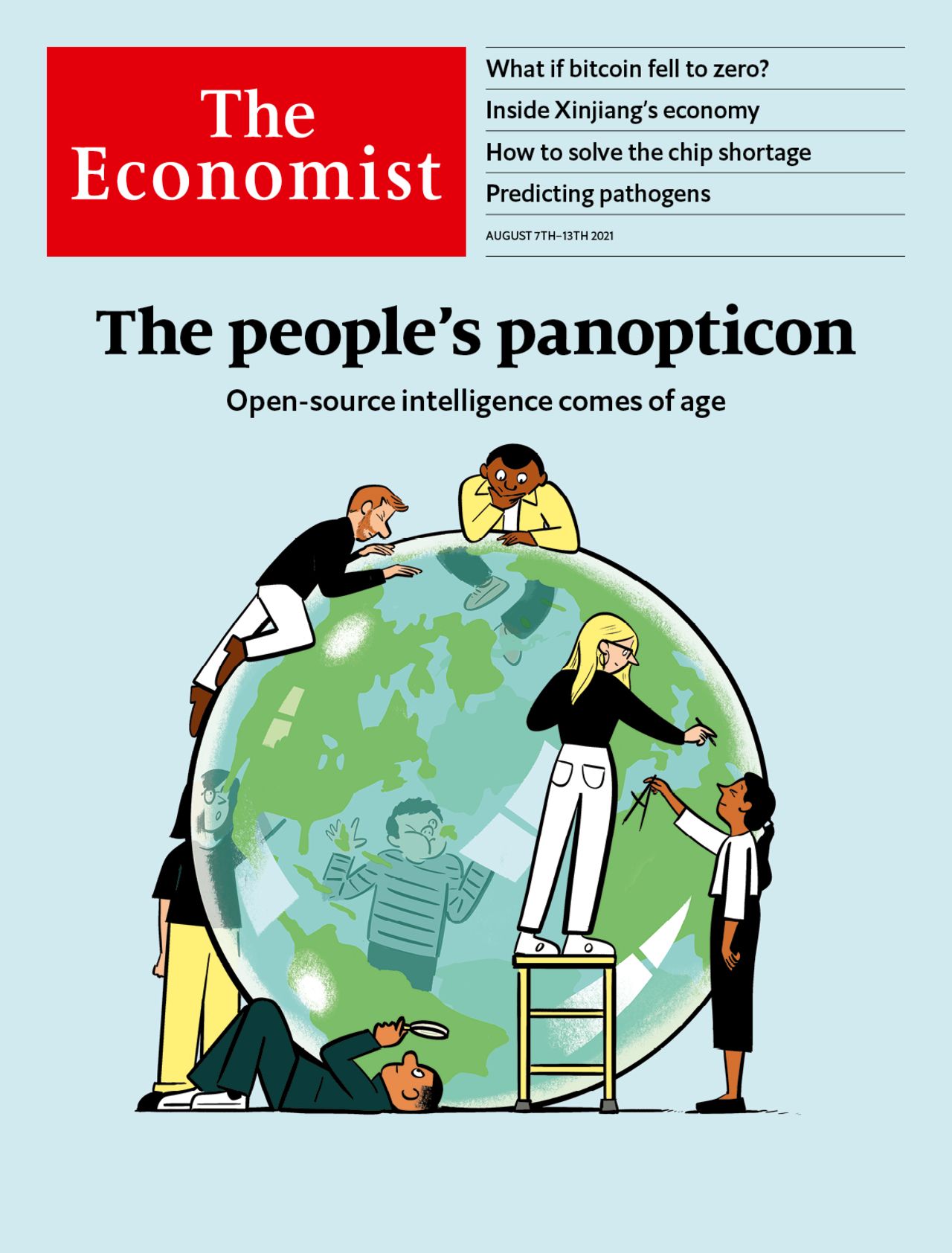Open-source intelligence challenges state monopolies on information
Academics, activists and amateurs are making imaginative use of powerful tools

IN 1960 JOHN KENNEDY, the Democratic candidate for the American presidency, accused the incumbent Republican administration of having allowed a “missile gap” to open up between America and the Soviet Union. The idea seemed plausible. The Soviet Union’s success in launching the first satellite, Sputnik, on a rocket which could double as an intercontinental ballistic missile (ICBM) had naturally led to speculation that it was far ahead of America in the deployment of such weapons.
Plausible, but wrong. Soviet ICBMs could be counted on the fingers of one hand. But although, by the final days of the campaign, President Dwight Eisenhower had strong evidence of this from the CORONA spy-satellite programme, he could make no mention of it. The ability to spot ICBM sites from space was so precious that it was worth risking the White House to keep it secret.
This article appeared in the Briefing section of the print edition under the headline “Trainspotting, with nukes”
More from Briefing

How AI is changing warfare
An AI-assisted general staff may be more important than killer robots

America’s assassination attempt on Huawei is backfiring
The company is growing stronger—and less vulnerable

The people and places that turned away from the BJP
The heartland, and especially lower-caste voters, have soured on Narendra Modi

